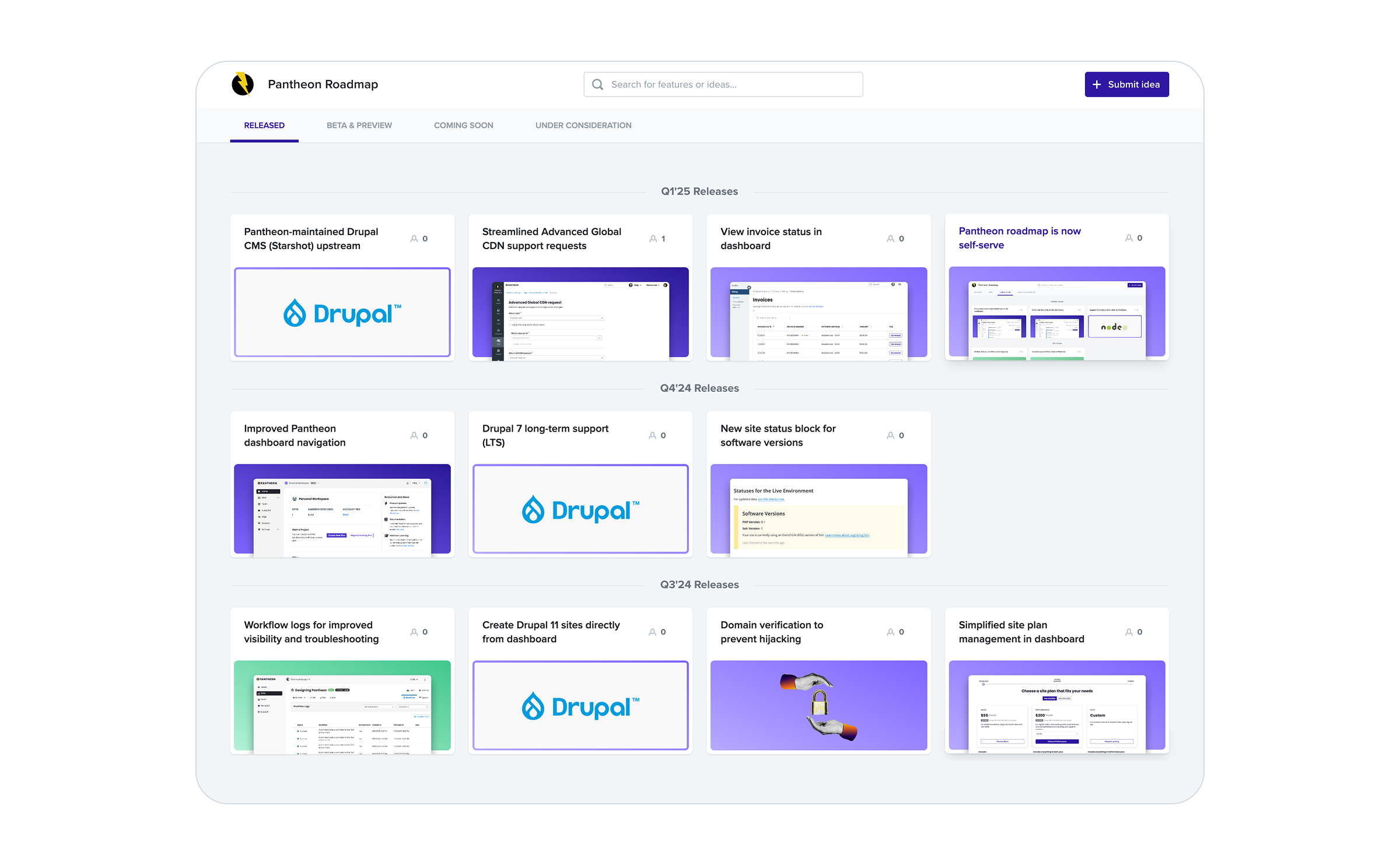These 3 Industries Would Benefit From an Agile Approach
Last summer set the stage for a watershed moment in our move toward full-fledged agile marketing.
What happened? Each of our marketing employees earned Scrum Master certifications. It was a huge step in our company’s holistic shift to agile marketing, as it helped us more completely understand and implement principles of agile development. As a result of the experience, we learned that we needed to make big changes if we wanted to move as far away from an antiquated “set it and forget it” delivery.
Fast-forward to now, and our working groups have backlogs and work-in-progress kanban boards. We standardize how we write and assign stories and tasks. Our roles have evolved dramatically, and for the better. If only more professionals in our field and others would jump into the agile fray.
Sadly, they haven't yet taken the plunge.
Statistically, merely 36.7% of marketing departments enjoy the faster turnarounds and productivity that agile provides, not to mention team self-sufficiency. Why such a low percentage? Many marketers aren’t aware of the concept or assume iterative planning is only for software development. Still more think they are agile because they’ve adopted a few agile principles—like implementing regular stand up meetings or moving to a project management system with agile templates. (They're not.) Others feel comfortable sticking with a traditional waterfall approach: Make a big plan, execute, and pray.
The world moves at lightning speed, making legacy marketing and development tactics obsolete. Half a century ago, rigid protocols might have made sense. Today, they can mean the difference between thriving or wilting on the vine.
Succeeding With Agile
To be sure, numerous companies are riding agile with confidence. Not surprisingly, tech industry firms have consistently led agile adoption. Because their leaders know how integral agile can be, tech industry employees on marketing teams feel supported to move in an agile fashion. That way, the whole company is working in tandem, moving rapidly and making great strides with every iteration.
Ecommerce is also becoming an agile cheerleader. And why not? Top ecommerce sites, including Google, receive tons of traffic, making them prime candidates for agile-related testing and optimization. By leveraging their customer data, they can generate high-depth, personalized consumer campaigns based on predictive intelligence recommendations in very little time.
Finally, the digital publishing world is joining the ranks of agile marketing. Media companies must react almost in real time, serving readers with the exact content they want at the instant they indicate wanting it. Old-school methods that govern how and when publication occurs no longer make sense. Agile gives publishers the ability to test everything from format to titles, which drives incoming traffic and revenue streams.
Not Agile — Yet
Of course, numerous industries have not yet jumped into agile mode. For a few of them, agile marketing is way overdue, especially nonprofits, government agencies, and healthcare entities.
1. Nonprofits
Nonprofits are some of the least likely organizations to adopt agile principles according to the "State of Agile Marketing Report." It’s not a huge shock, given the lack of funding and staff. Yet even the leanest nonprofits are ripe for enjoying the benefits of agile marketing. In a shifting political climate, nonprofits could reap tons of advantages from shorter planning cycles that allow them to generate donations based on wherever their target market’s attention is focused at the time.
What would it take for a nonprofit to break out of its slow-moving processes? First, employees and volunteers would need to be empowered to adapt to agile methodologies. They would then need to discard their preference for big upfront planning, in favor of iterations that could tackle unpredicted disruptions. Additionally, they would set up sprints where everyone could come to the table without fear of rocking the boat. Would this be a huge cultural shift? Yes. But such behavior is necessary in an ever-changing climate.
2. Government agencies
I heard a state government marketing leader talk about a recent redesign project he oversaw. He said one of his team's biggest issues was reducing the amount of time and effort it took for visitors to access information. I imagine this is a common thread for government agencies; it’s also the perfect setup for agile testing and iteration.
Certainly, the government is flooded with heavy regulation, which is a big blocker to moving fast, testing constantly, and nurturing change. Despite that barrier, agile could help reduce complex government projects into bite-sized chunks to move from beginning to end faster, and with better end results. The trick would be getting the different constituents working in tandem without the tangle of bureaucracy.
3. Healthcare
Another field fraught with regulatory red tape is healthcare. Implementation of agile could be done if the focus were on the customer. So many patients feel frustrated by the setup of healthcare, particularly in America. Their pain points offer opportunities for healthcare marketers willing to dedicate more energy to connecting with consumers and developing real solutions using agile principles.
Healthcare has already dipped its toes into innovation, creating apps and portals to increase efficiency and patient satisfaction. Moving away from waterfall marketing’s “develop, launch, and wait” approach could help healthcare entities better pivot when something new isn’t working as planned. At the same time, weekly sprints could ensure privacy and security expectations are being met without fail, even as novel tools are rolled out.
Our adoption of agile marketing continues in a flexible fashion. We keep working at it as a team, initiating retrospectives, and reenvisioning the best path forward. Other companies can do likewise. It all starts by ousting “we’ve always done it that way” from the workplace lexicon.


